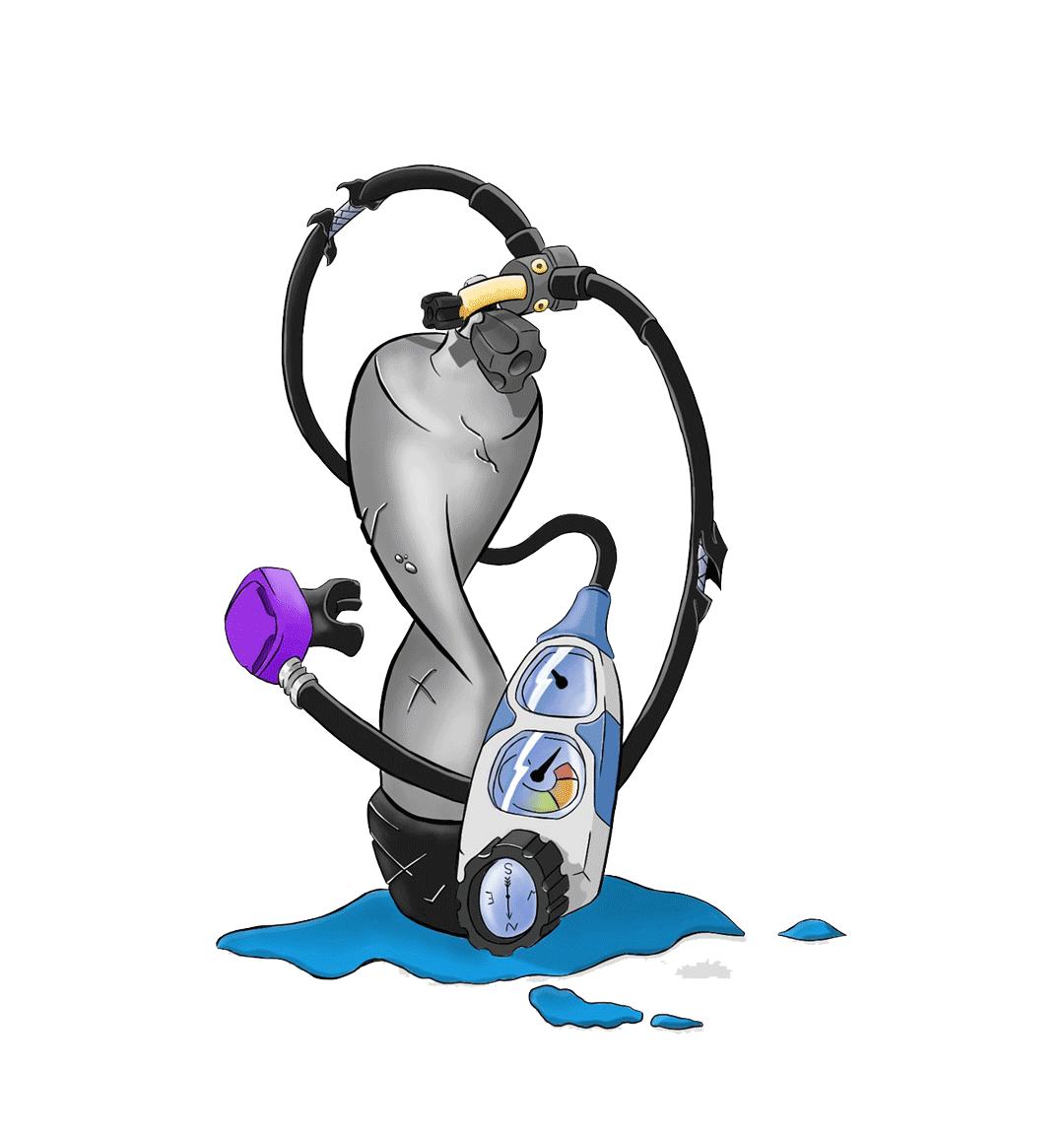If you are an avid scuba diver, it is highly likely that you already understand the basics of underwater pressure. However, for a beginner, this is one of the most important lessons they will learn during initial instructions. Changes in underwater pressure constitute a large part of the safety lessons you learn as a beginner. To become a better diver, these are some of the key points you should understand about underwater pressure changes:
The Basics
You should understand that air has weight and it exerts pressure on your body. The pressure measurements in scuba diving are given in ATA. The deeper you dive the more pressure the water above you exerts on your body. This means at any depth you are under air and water pressure and this affects how your dive turns out. According to experts; every 33 feet of salt water has an equivalent of 1 ATA (BAR) of pressure.
The air in your body spaces and diving gear compresses as the pressure increases and expands as the pressure decreases. So, how does this affect the basic aspects of scuba diving? Take a look:
Equalization: The rapid changes in pressure as you dive deeper can lead to pain and injury especially in hollow spaces such as the ears. This is why you are advised to equalize as you go deeper to avoid discomfort. As you ascend, the air spaces in your ears become filled with air and this can burst lungs or ear drums. For these reasons, you need to learn the different equalization procedures and apply them to a
void injury.
Buoyancy: To control buoyancy, you have to learn how to control lung volume and also using the buoyancy compensator device (BCD). During descent, air in the BCD and body air spaces com presses, which leads to faster sinking. To avoid uncontrolled descent, you have to add air to the BCD. During ascent, air in the BCD and body air spaces rapidly expands and this can cause uncontrolled ascent. You have to release air during ascent to avoid uncontrolled ascent.
presses, which leads to faster sinking. To avoid uncontrolled descent, you have to add air to the BCD. During ascent, air in the BCD and body air spaces rapidly expands and this can cause uncontrolled ascent. You have to release air during ascent to avoid uncontrolled ascent.
Bottom time: This is the time you can stay underwater before ascending. If you inhale rapidly, your bottom time is reduced as you will have to go to the surface. Increased nitrogen absorption also reduces your bottom time.
Decompression disease: You need to appreciate the risk of decompression disease, which is why you need to descend gradually to avoid rapid intake of nitrogen gas. If you descend quickly, the faster the nitrogen gas expands and the body will not be able to eliminate all this gas causing nitrogen bubbles responsible for Decompression disease.






